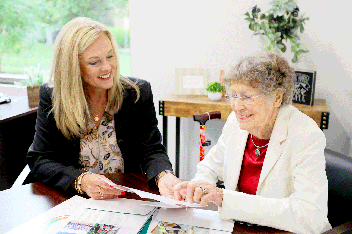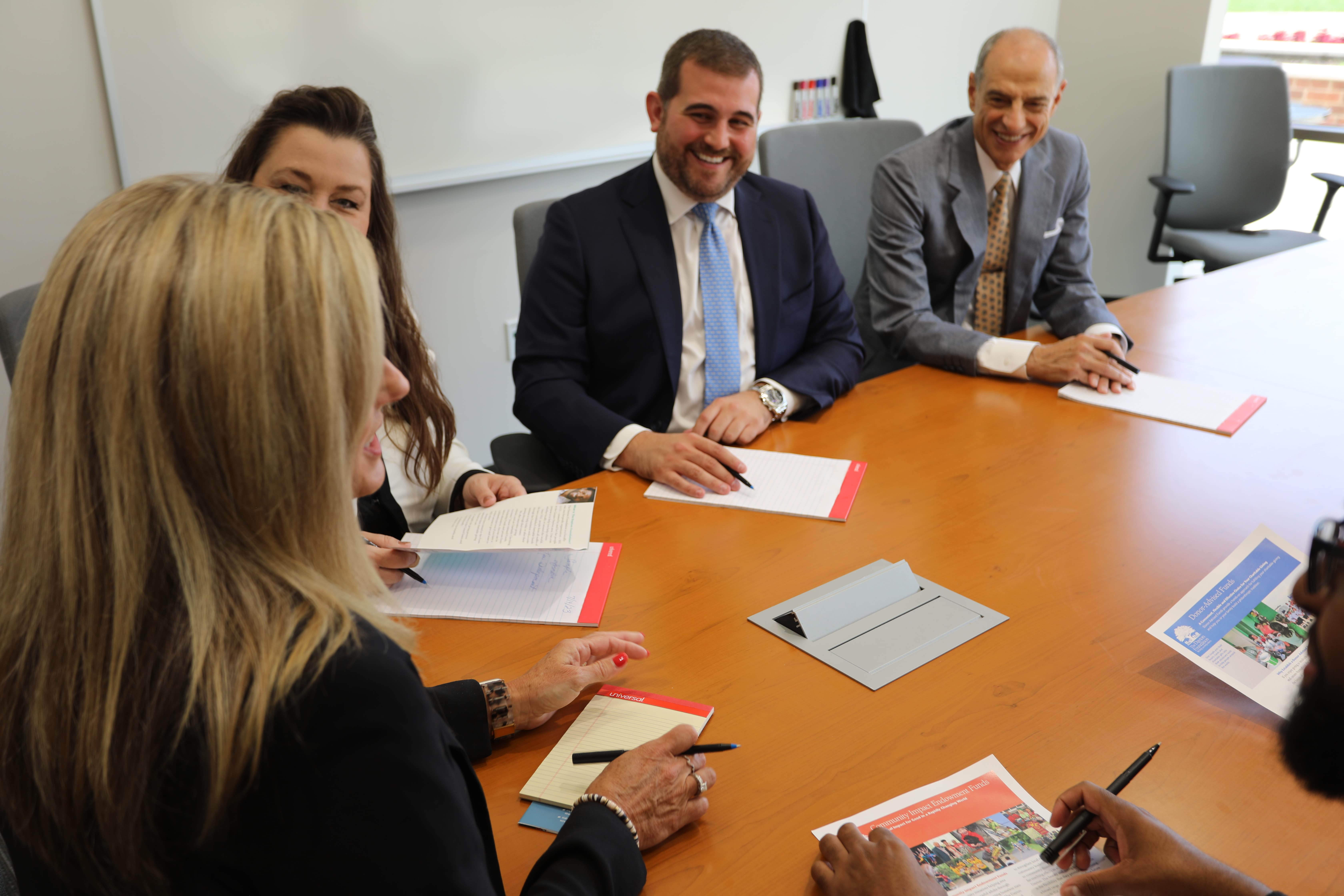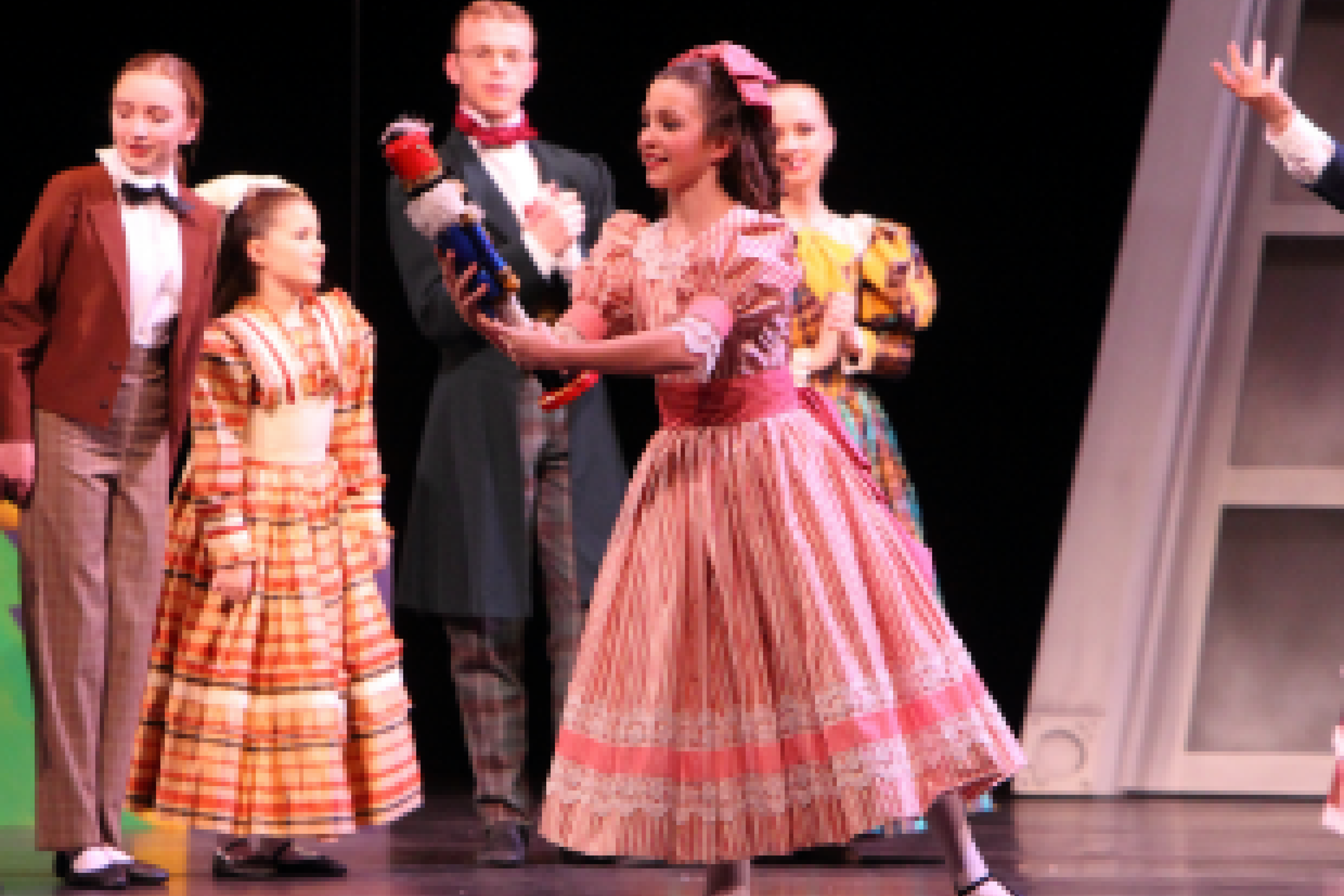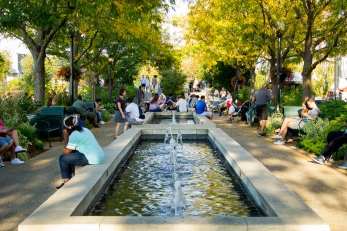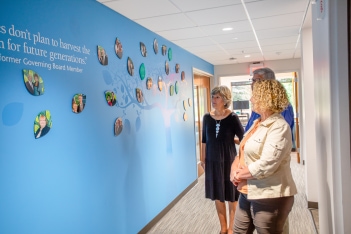For some area youngsters, attending camp to frolic in the sun, play sports or swim is not on their list of summer activities. Many families simply don't have the financial means to send their children to camp, which has a positive, life-enhancing influence on children.
Prior to their deaths, Robert and Helen Harmony established the Robert and Helen Harmony Fund for Needy Children. The fund awards grants to American Camping Association-accredited camps to send children to area resident- and health-camp programs. Since the fund came to fruition in 1993, nearly $1.2 million has been awarded to assist more than 12,000 children, who otherwise could not go to camp.
While the children experience traditional camp activities – crafts, sports and nature exploration – they develop self-confidence, self-esteem, leadership and respect for others.
“It’s been a real blessing,” said the parent of Shawn, a Dayton Diabetes Association’s Camp Ko-Man-She veteran. “Shawn is an only child, and it really helped him to be around other kids with diabetes and to see that he can do the same things other kids do. Camp was the best thing that could have happened to him.”
Shawn is one of many area children fortunate enough to receive scholarships to attend camp programs designed especially for their needs. Harmony-funded health camps for children with diabetes, cancer and other illnesses offer traditional camp activities but also educate children on self-management of their disease.
“One young boy said that before his camp experience he didn’t know there were so many kids like him with diabetes. It’s encouraging to see the difference we're making in their lives,” said Ray Dawson, former director of Camp Ko-Man-She.
Growing up in a metropolitan housing community in Lebanon, David had little opportunity to interact with children from other geographic locations, not to mention different economic and racial backgrounds.
“I expected the city kids to act differently from me, but everyone was friendly. They weren’t at all like what I expected,” David said. “I feel I’ve changed their opinions of what it’s like living in a small town, and they’ve changed my views on what inner-city life must be like. I enjoy camp because I can share my experiences with others – and I can learn from them.”
“I like making new friends with kids that are different from me,” said Emily, a longtime camper at Camp Joy. “Camp has helped me to learn how to work with others and to treat everyone the same. I wish all kids could go to camp.”


